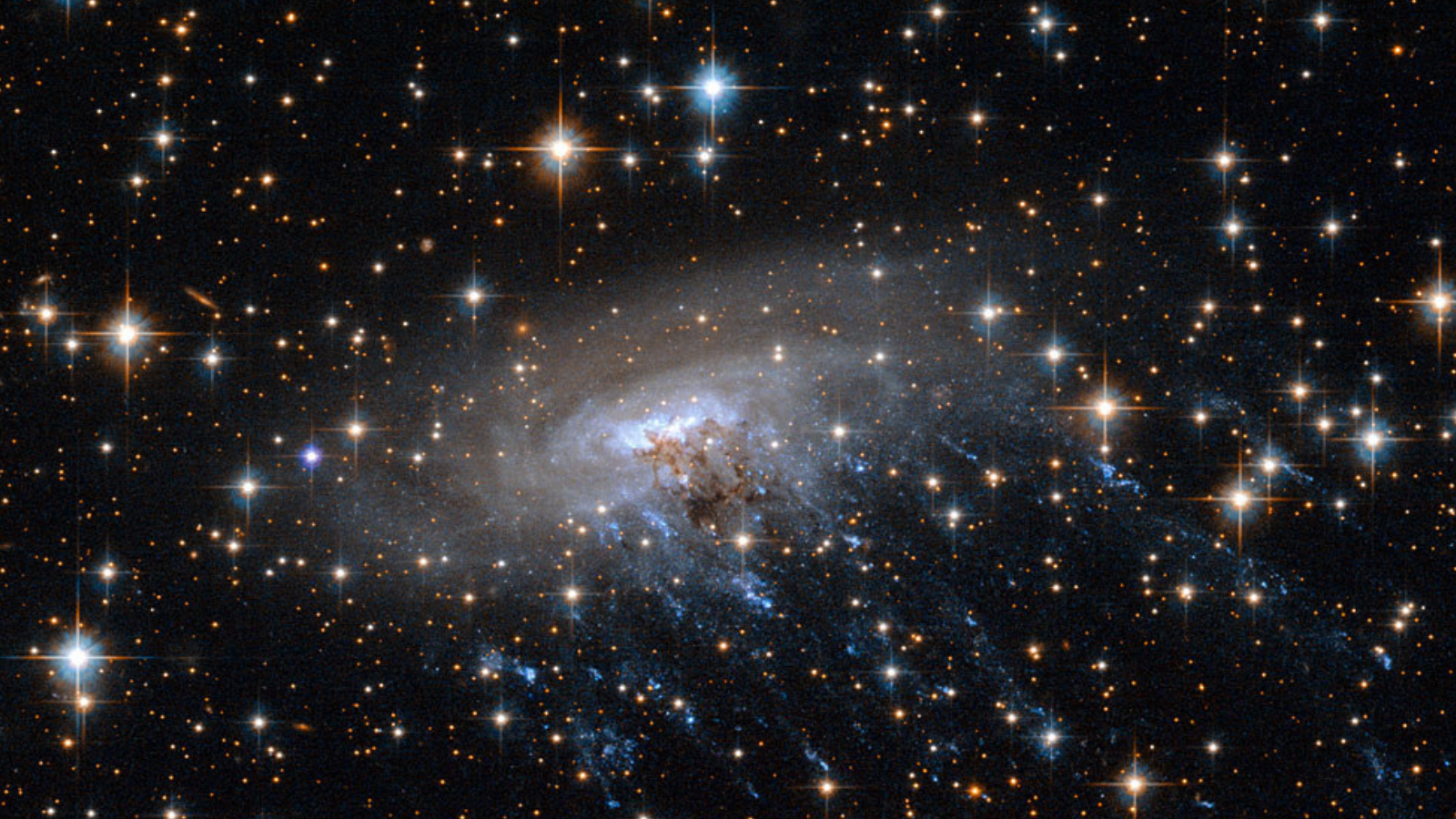SpaceX competitor Lynk testing 5G cell phone service from space
The experimental payload will launch on Lynk's second commercial satellite in December and will be tested with an undisclosed mobile partner.

Breaking space news, the latest updates on rocket launches, skywatching events and more!
You are now subscribed
Your newsletter sign-up was successful
Want to add more newsletters?

Delivered daily
Daily Newsletter
Breaking space news, the latest updates on rocket launches, skywatching events and more!

Once a month
Watch This Space
Sign up to our monthly entertainment newsletter to keep up with all our coverage of the latest sci-fi and space movies, tv shows, games and books.

Once a week
Night Sky This Week
Discover this week's must-see night sky events, moon phases, and stunning astrophotos. Sign up for our skywatching newsletter and explore the universe with us!

Twice a month
Strange New Words
Space.com's Sci-Fi Reader's Club. Read a sci-fi short story every month and join a virtual community of fellow science fiction fans!
The rivalry for fast internet from space just entered a new stage.
Lynk, a competitor to the much larger SpaceX, plans to offer an experimental 5G cellular base station aboard a mission in December, working alongside an undisclosed cellular partner. The experimental payload will launch on Lynk's second commercial satellite, company officials said.
"This test will demonstrate the ability to send a 5G signal from space to standard mobile devices on Earth," Lynk officials wrote in late September.
The test is a shot across the bow to SpaceX, which has already signed a deal with T-Mobile for cellular service but, unlike Lynk, does not yet have Federal Communications Commission (FCC) approval. Lynk received the prized FCC thumbs-up just a few weeks ago.
Related: Starlink service endangered by proposed 5G plan, SpaceX says
Lynk and SpaceX are jostling for market access to people living in rural areas who lack access to standard internet service. SpaceX has a fleet of thousands of Starlink satellites through which it plans to beam 5G broadband internet service, while Lynk has an emergency access plan through an orbital cell tower.
Lynk already tested a satellite-to-phone service link last year, according to Via Satellite, and is ramping up service fast in a bid to keep ahead of the competition. "We are actively testing satellite-direct-to-phone-services in 12 countries on five continents," Dan Dooley, chief commercial officer of Lynk, said in the same company statement.
Breaking space news, the latest updates on rocket launches, skywatching events and more!
The company's patent allows the orbiting cell tower to link up with standard 5G devices in 55 countries, Lynk says.
5G service is a next-generation speed boost in cellular access that offers better network speeds to support the Internet of things, or the growing fleet of connected devices in industries ranging from shipping to consumer appliances.
Lynk already offers software-designed radios that can move between slower, but still viable, 2G and 4G speeds for the mobile network operators it is trying to attract as customers. SpaceX, meanwhile, recently complained to the FCC about plans to open up the prized 12 gigahertz band to another 5G competitor, Dish, arguing that using the frequency would interfere with existing communications upon Starlink satellites.
Follow Elizabeth Howell on Twitter @howellspace. Follow us on Twitter @Spacedotcom or Facebook.

Elizabeth Howell (she/her), Ph.D., was a staff writer in the spaceflight channel between 2022 and 2024 specializing in Canadian space news. She was contributing writer for Space.com for 10 years from 2012 to 2024. Elizabeth's reporting includes multiple exclusives with the White House, leading world coverage about a lost-and-found space tomato on the International Space Station, witnessing five human spaceflight launches on two continents, flying parabolic, working inside a spacesuit, and participating in a simulated Mars mission. Her latest book, "Why Am I Taller?" (ECW Press, 2022) is co-written with astronaut Dave Williams.
